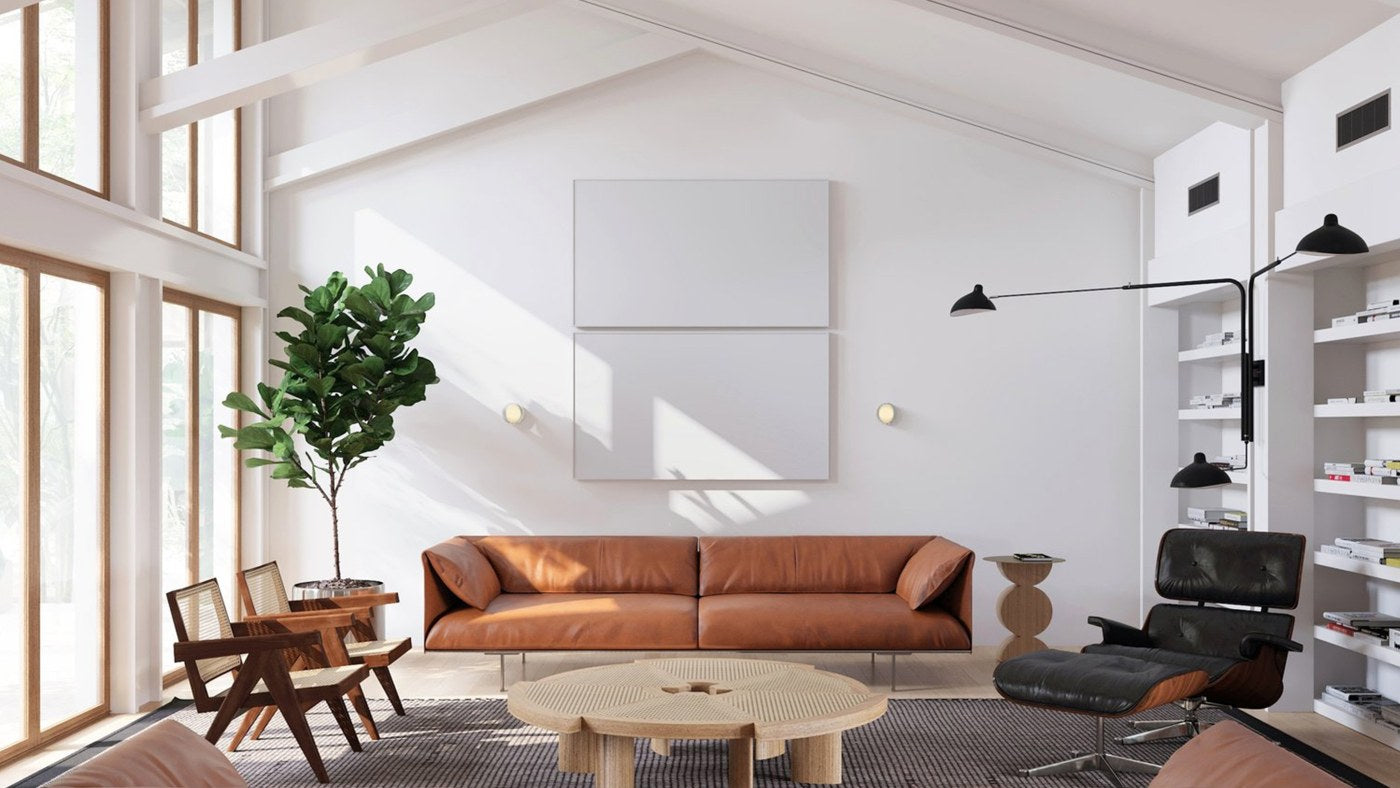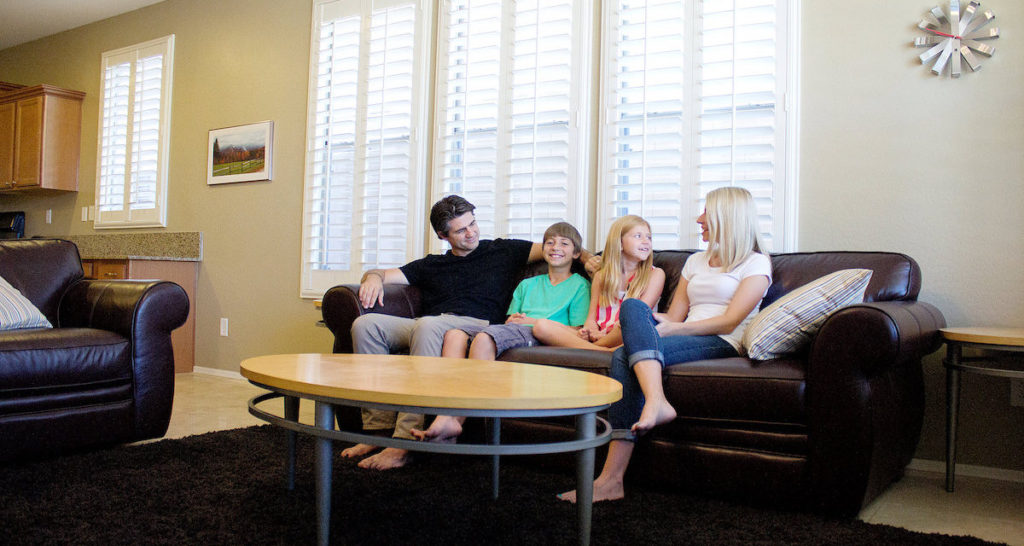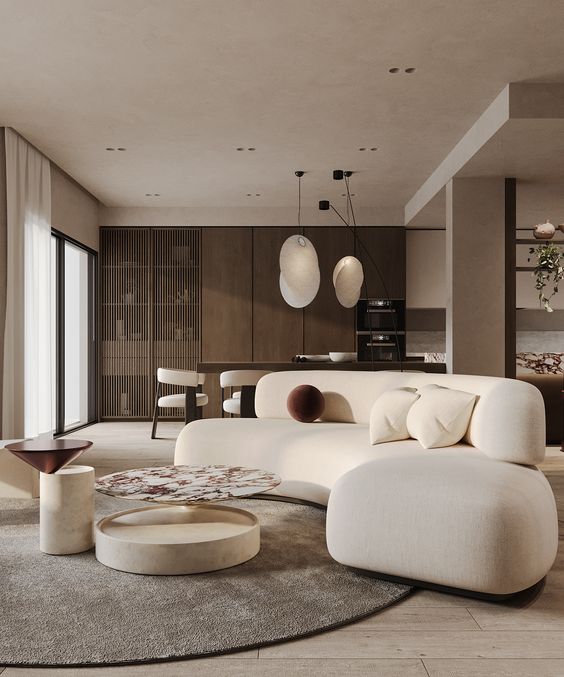Discovering the Long-Term Influence of Minimalism on Psychological and Emotional Wellness
Discovering the Long-Term Influence of Minimalism on Psychological and Emotional Wellness
Blog Article
Understanding Minimalism: Techniques for Decreasing Clutter and Enhancing Quality in Everyday Living
Minimalism is significantly recognized as a practical method to enhancing clarity and focus in today's messy globe. By methodically evaluating our belongings and prioritizing intentionality, we can create areas that not just show our worths but likewise advertise psychological well-being. Employing strategies such as the "Four-Box" technique can assist in a much more well organized setting, yet truth challenge depends on growing a minimalist attitude that sustains these initiatives. Exploring the subtleties of this viewpoint might expose unexpected understandings into just how you can transform your life. What might you find when you embrace this willful simplicity?
Defining Minimalism and Its Advantages
Specifying minimalism includes recognizing it as a lifestyle option that stresses simplicity and intentionality in both physical properties and daily routines. At its core, minimalism encourages individuals to prioritize what absolutely matters, permitting an extra significant and concentrated existence. By removing the non-essential, minimalism welcomes individuals to engage deeply with their surroundings and experiences.
It fosters psychological clearness, as reducing mess in one's environment can lead to reduced distractions and stress and anxiety. Minimalism promotes economic freedom; by focusing on needs over wants, people can make more enlightened acquiring choices, leading to potential financial savings and decreased financial debt.
Eventually, minimalism is not merely regarding worldly reduction yet includes an alternative change in point of view, cultivating a life characterized by equilibrium, purpose, and satisfaction. Embracing this way of life can bring about extensive modifications in how people view and interact with the world around them.
Evaluating Your Existing Clutter
Mess typically shows up as a frustrating buildup of things that no longer offer a purpose, producing a barrier to achieving a minimal way of living. Take note of certain classifications of items, such as clothing, publications, or kitchenware, as this will help you recognize the range of the clutter.

In addition, take into consideration the regularity of usage for every product. If something has not served a function in the previous year, it might be a prospect for elimination. This assessment will not just clarify your partnership with your ownerships however will certainly also set the foundation for efficient decluttering in the future. Eventually, comprehending your current mess is an important step toward welcoming minimalism and enhancing quality in your everyday living.

Practical Decluttering Methods
Having evaluated your present clutter, the next action is to apply sensible decluttering official source strategies that assist in a more organized living area. Minimalism. One effective method is the "Four-Box" technique, where you designate four boxes labeled: keep, donate, trash, and relocate. This method encourages fast decision-making and guarantees things are classified properly
Another approach is the "One in, One out" policy, which states that for every brand-new product acquired, an existing thing needs to be removed. This concept assists maintain equilibrium and avoids accumulation with time. Furthermore, consider the "30-Day Minimalism Video Game," where you get rid of one item on the first day, 2 on the second, and so forth, cumulatively fostering a sense of success.
For those that have problem with psychological attachments to possessions, the "Emotional Value" technique can be helpful. Limit on your own to a specific variety of valued products, allowing you to appreciate their significance without overwhelming your room. Lastly, establish a regular decluttering timetable, whether regular monthly or seasonally, to maintain a clutter-free setting. By employing these methods, you can develop an extra peaceful and effective living area, inevitably enhancing clarity in your daily life.
Developing Willful Rooms
Developing willful spaces involves a thoughtful approach to how we design and organize our environments, making sure each location offers a certain objective and mirrors our values. This practice is vital in growing a feeling of clearness and purpose in our every day lives. By critically assessing the feature of each area, we can remove distractions and enhance our total health.
To produce deliberate areas, begin by identifying the key tasks that will certainly happen in each area. A home office ought to be created to cultivate efficiency, integrating elements such as sufficient illumination, comfortable furnishings, and marginal distractions. In contrast, a relaxation area ought to advertise peace, featuring soothing shades and comfortable seats.
In addition, take into consideration the psychological impact of your environments (Minimalism). Incorporating individual things that resonate with your worths, such as artwork or plants, can improve the connection to your area. Consistently assess these environments to guarantee they remain to offer their intended objective as your needs advance
Eventually, developing deliberate rooms has to do with making aware choices that line up with your way of living, advertising consistency and efficiency in your living find out here and functioning environments.
Preserving a Minimalist Frame Of Mind
Accepting a minimalist state of mind needs continuous representation and intentionality in our activities and ideas. Establish apart time to examine your commitments, ownerships, and also digital web content, guaranteeing they line up with your core principles.
One more key strategy is to exercise gratitude. Acknowledging what you already have fosters satisfaction and decreases the desire for excess. This change in point of view motivates gratitude for simplicity, boosting general wellness. Incorporating mindfulness strategies, such as reflection or journaling, can additionally reinforce a minimal mindset by advertising quality and lowering psychological clutter.
In addition, establish borders to secure your energy and time. Find out to say no to non-essential commitments and diversions that do not More Info contribute to your individual growth. Border yourself with similar people who sustain your minimalist trip, as shared worths can improve inspiration and liability.
Conclusion
In conclusion, accepting minimalism uses considerable advantages, including decreased clutter and boosted clarity in everyday life. The concepts of minimalism offer as important tools for growing a setting that supports individual development and wellness.

Additionally, take into consideration the "30-Day Minimalism Game," where you remove one product on the very first day, 2 on the 2nd, and so forth, cumulatively cultivating a feeling of success.
In conclusion, embracing minimalism provides considerable benefits, including minimized mess and boosted clarity in daily life.
Report this page